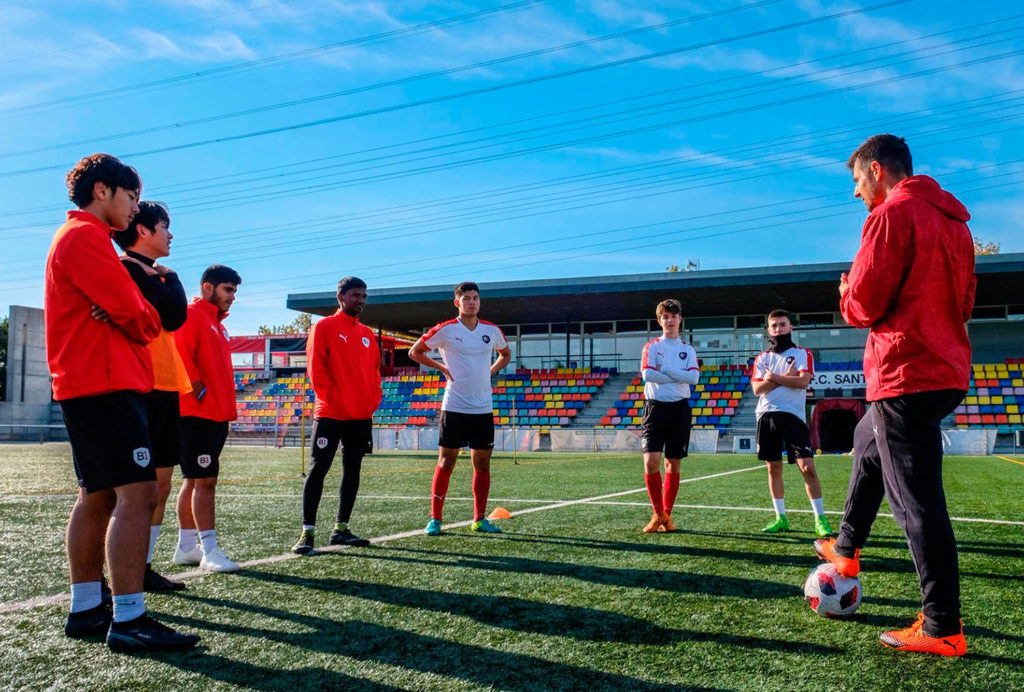The daily work with soccer players should not only focus on the sporting aspect, but also on the staff to detect possible problems such as anxiety.
In a group, the conversation is the key to detect possible problems and impediments that end up affecting the group and personal performance of the soccer player. Among all the tasks of the coach should also include not only the management of the group but the detection (in time if possible) of barriers that impede progress.
The anxiety is one of the most common problems that can affect the performance of the footballer, being on many occasions difficult to control by the many variables on which it depends. There are many personal and situational factors that at certain times can overflow the psychological balance in the individual and perniciously affect himself and his level of performance.
There are many factors that can influence that increases anxiety in the soccer player. Football is the number one sport in many countries. There are many people who feel the colors of their team and are emotionally involved in games, in many cases there can be insults, whistles, excessive noise, violence and unpleasant situations that have to live the player on the field of play, even the fact of being observed can generate anxiety and consequently, can affect their performance in the game.
The footballer can also manifest anxiety at the time of competing, the uncertainty as to the results of the competition and the importance that the athlete gives to the competition are often thoughts that can ruminate and increase their anxiety.
The value of experience
The experience of the B1 Soccer Academy Staff and the management of large groups has not helped to detect some important aspects that can help all coaches to manage players with certain problems related to the experience.
Not only have we detected them, but we have tested them with B1 Players and they have yielded results:
- Help soccer players to identify thinking errors in their thoughts.
- Help them to problems solve effectively. Come up with solutions together!
- Educate soccer players about anxiety and how it works.
- Promote a mental health-friendly environment.
- Encourage soccer players to talk about feelings if they are struggling.
- Provide them with some simple relaxation techniques such as deep breathing.
- Help soccer players to challenge unhelpful thoughts.
- Engage in behavioral experiments with your soccer players to test out the validity of thoughts.
- Listen to what your soccer players have to say. Be patient with them!
- Help your soccer players to identify triggers.
- Introduce your soccer players to worry about time.
- Make sure your soccer player is getting sufficient sleep.

